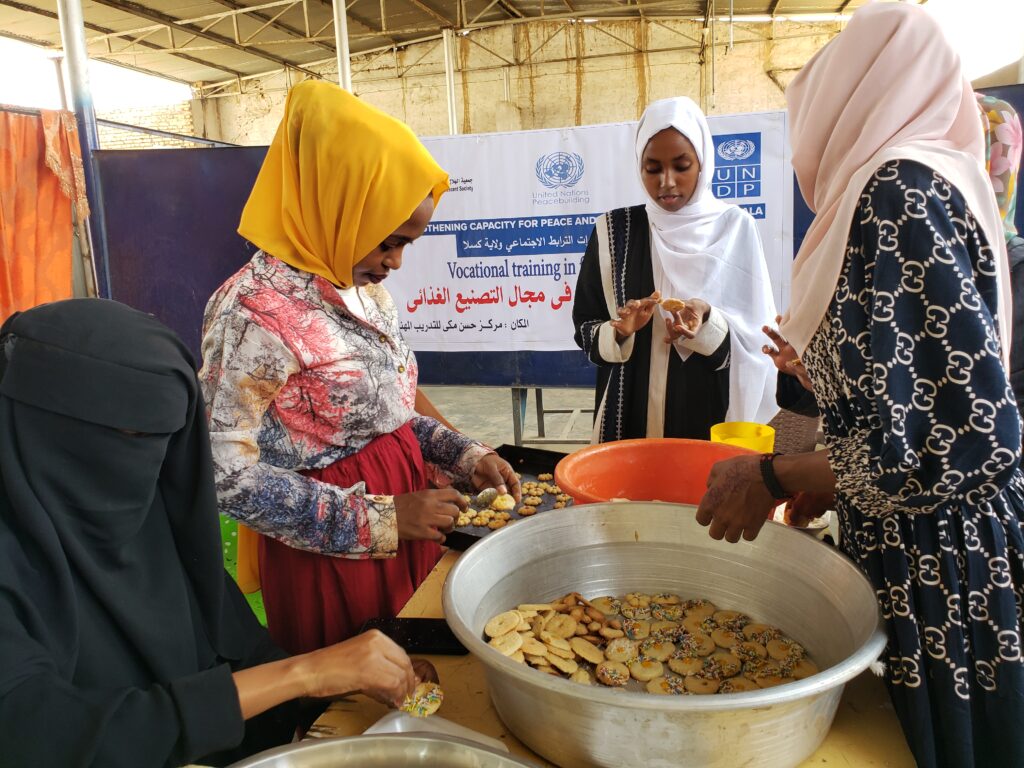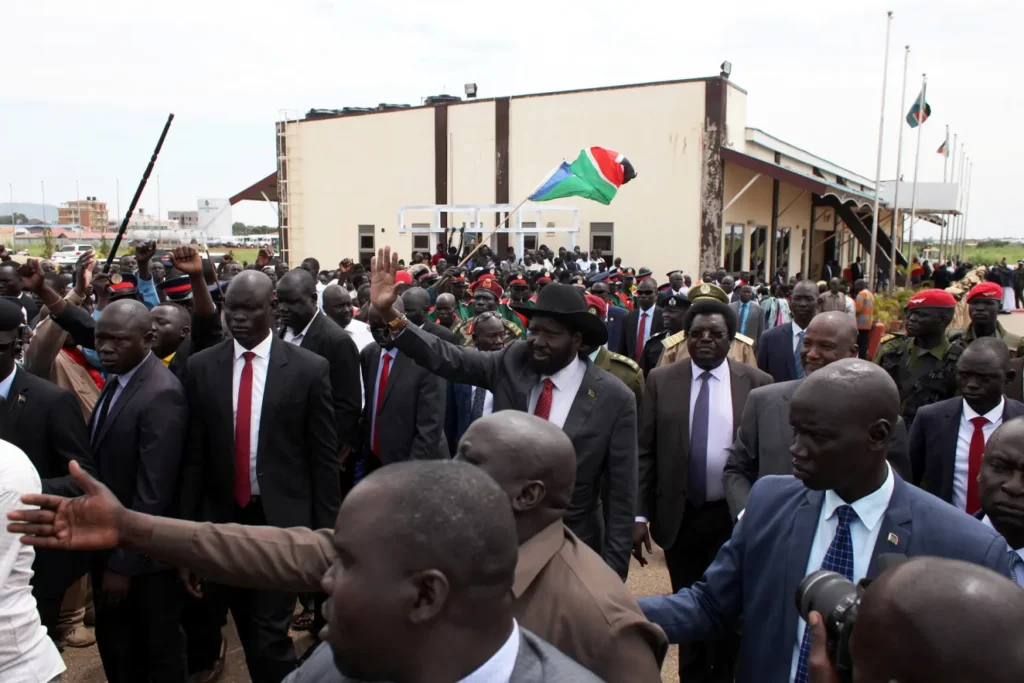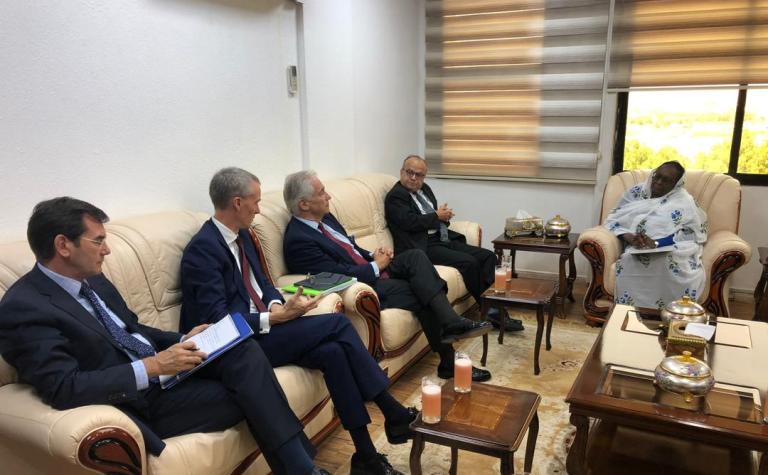
The fertile palm groves of Karima are situated far from Sudan’s war-torn regions, yet the repercussions of the conflict are profoundly felt here as local farmers are grappling with the challenge of finding purchasers for this year’s harvest.
The crucial date industry has suffered a collapse in prices, marking the most recent economic sector to fall victim to the ongoing conflict in the northeast African nation.
For years, every autumn, date farmers in northern Sudan would collect their harvest from palm trees, ensuring their livelihoods for the months ahead.
With the conflict between Sudan’s rival military leaders now five months old, the nation’s economic infrastructure lies in ruins, leading to a sense of apprehension among potential buyers, according to 54-year-old farmer Al-Fatih al-Badawi.
Sudan is ranked as the world’s seventh-largest producer of dates, with an annual yield exceeding 460,000 tonnes, as reported by the United Nations Food and Agriculture Organization.
The exact quantity available this year remains uncertain, but farmers in northern Sudan are fortunate to have been able to secure a harvest, given the circumstances.
In Karima, a town situated on the Nile River approximately 340 kilometers (210 miles) north of the capital Khartoum, the palm groves are bustling with activity. Young men can be seen climbing date palms and gently dropping bunches of the beloved brown fruit, a staple in Sudanese cuisine, onto white sheets spread below.
Farmers who rely on the date industry encounter immense difficulties when it comes to transporting their produce across the country, a challenge shared by those in various other agricultural sectors.
In addition to security concerns, wartime fuel shortages have significantly hampered the transportation of goods.
Prior to the war, the trade in highly centralized Sudan was primarily routed through Khartoum.
However, continuous air strikes, artillery barrages, and street skirmishes have rendered the capital, Khartoum, mostly inaccessible to traders. Many traders either fear for their safety or are denied entry by fighters at various checkpoints.
“Our main market was Khartoum”, Badawi said. Without it, trade is at a standstill and the price for his crop is in freefall.
Land left fallow
In Sudan, which is one of the world’s most underdeveloped countries, dates and other agricultural products served as a cornerstone of the pre-war economy.
The agricultural sector engaged over 80 percent of the labor force and contributed to 35 to 40 percent of the gross domestic product, as reported by the United Nations.
However, in many parts of the country, including southeastern Gedaref state, renowned as Sudan’s breadbasket, the land has been left uncultivated.
Processing factories have been razed or looted.
Small-scale farmers lack access to financial support, traders are uncertain about the availability of viable markets, and major industry players have withdrawn their involvement.
In May, the Haggar Group, one of the largest employers in the agriculture sector, halted its operations and dismissed thousands of workers.
Even before the onset of the war, one out of every three people in Sudan required humanitarian assistance, and the nation’s farmers, unable to fulfil domestic food security requirements, faced financial hardships.
Farmers in the date sector in Karima had been urgently in need of “guidance and agricultural policy” as well as resources to address the high rates of waste, according to Al-Jarah Ahmed Ali, a 45-year-old farmer.
Now the challenges have only worsened.
Sudan has been embroiled in conflict since April 15, marked by clashes between army chief Abdel Fattah al-Burhan and Commander Mohamed Hamdan Dagalo, who commands the Rapid Support Forces.
The ongoing fighting has resulted in the deaths of nearly 7,500 people, based on a conservative estimate provided by the Armed Conflict Location & Event Data Project.
Over 4.2 million individuals, predominantly from the Khartoum area, have been internally displaced within Sudan, and an additional 1.1 million have sought refuge outside the country, as reported by the International Organization for Migration.
Agricultural labourers are among those who are part of the mass migration, and although they may discover relative safety in northern Sudan, their ability to earn sufficient income to sustain themselves in a deteriorating date market remains uncertain.
One of those individuals is Hozaifa Youssef, a 26-year-old radiologist who departed Khartoum to reunite with his family in Karima, where he is contributing to the date harvest.
“I was going to India to get my master’s degree,” but that goal is now on hold, Youssef said.
The veteran farmer, Badawi, has not lost hope.
“We’re trying to find new markets, even though it’s going to be more expensive. Hopefully, the price will adjust and it will all work out.”



